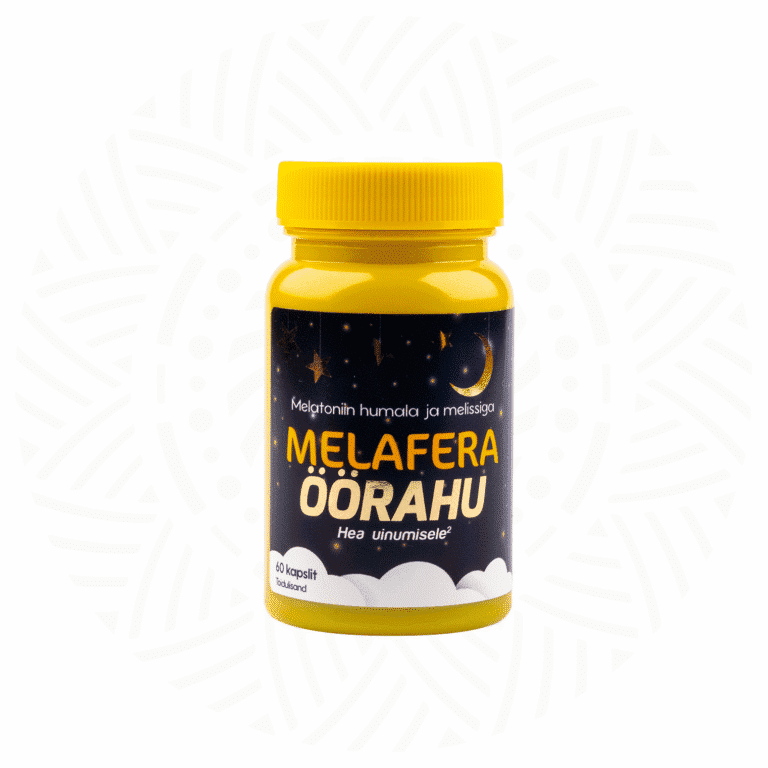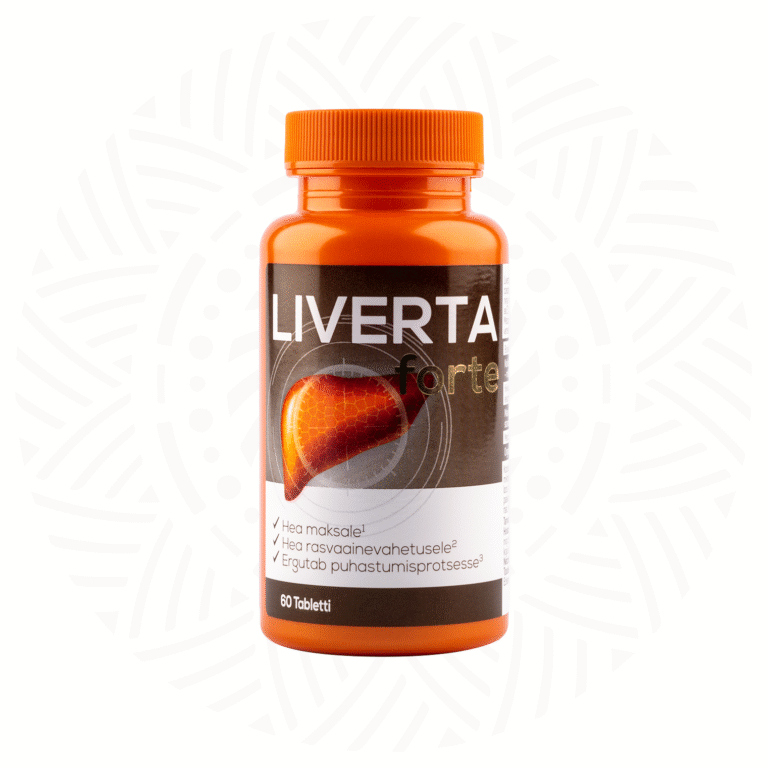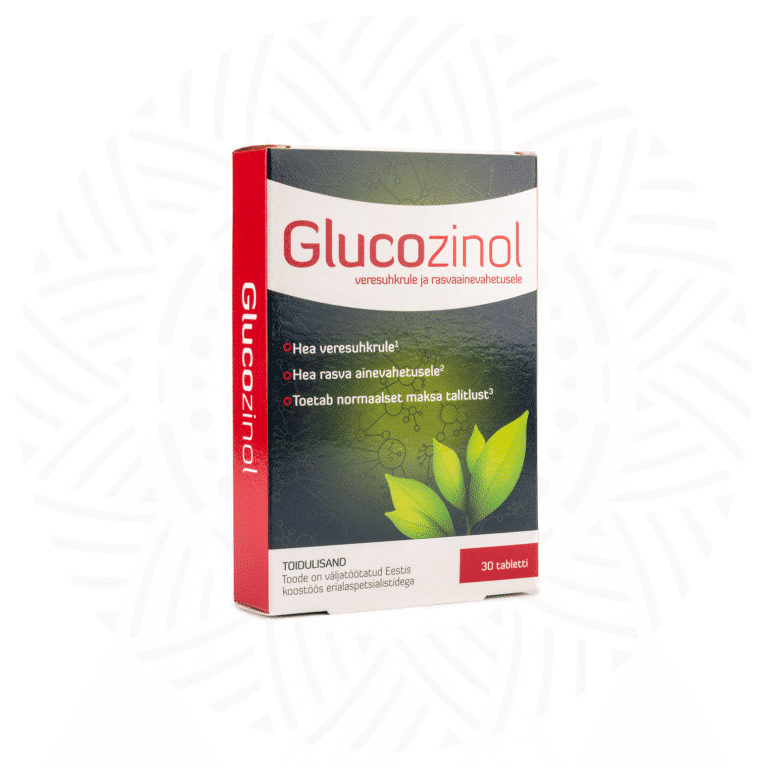Evening snacking is a challenge, even for those trying to lose weight. It’s important to understand that uncontrolled cravings at night can lead to poor eating habits, weight gain, and serious health problems.
Let’s explore why evening hunger occurs and how to control it. And how to address fatty liver disease caused by overeating.
Evening hunger is caused by low blood sugar
Evening cravings can be triggered by several factors, including:
- Increased cortisol levels due to stress
- Hormonal changes (menstruation and menopause)
- Irregular eating habits
- Unbalanced nutrition
- Blood sugar fluctuations, especially low blood sugar
One of the main reasons people feel the need to snack after dinner is a drop in blood sugar levels. Low blood sugar creates cravings for quick carbohydrates—chips, cookies, and candy. These foods cause a rapid spike in blood sugar, momentarily reducing hunger and providing a short-lived energy boost.
However, once blood sugar drops again, the cravings return, keeping you in a never-ending cycle until bedtime.
What are the symptoms of low blood sugar?
Poor nutrition is the leading cause of sudden blood sugar fluctuations, which contribute to weight gain. Fast-digesting carbohydrates enter the bloodstream quickly, causing a sharp spike in blood sugar. This is followed by a rapid drop, leading to constant hunger and snacking urges. Low blood sugar is one of the biggest culprits behind excessive appetite.
Symptoms of low blood sugar:
- Increased appetite (especially for high-carb and sugary foods)
- Fatigue
- Irritability and mood swings
- Pale skin
- Headaches and dizziness
- Weight gain
How to control evening snacking?
People who experience low blood sugar within two hours after dinner tend to snack more and consume an average of 300 extra calories per day. This happens because a drop in blood sugar triggers hunger and cravings. An empty stomach in the evening is unpleasant and makes maintaining a healthy weight difficult.
To prolong satiety, prevent mood swings, and reduce cravings, it’s essential to balance meals with enough fiber, protein, and healthy fats.
For centuries, Salacia oblonga extract has been used to prolong satiety, reduce evening hunger, and aid in weight management. Salacia oblonga is a woody climbing plant native to Sri Lanka and India. It effectively combats sharp blood sugar fluctuations, keeping you full longer and controlling hunger.
Follow these simple rules to control evening snacking:
- Eat regularly throughout the day. This helps stabilize blood sugar levels and reduce cravings.
- Choose healthy snacks. Options like fruits, vegetables, nuts, and seeds help maintain stable blood sugar levels and keep you full longer.
- Avoid unhealthy snacks. Foods like chips, cookies, and candy cause blood sugar spikes and increase hunger.
- Manage stress. Stress increases appetite and cravings.
- Take supplements containing Salacia oblonga extract. This plant effectively prolongs satiety and helps curb evening snacking.
Evening Snacking Leads to Weight Gain and Obesity
Evening snacking is a common issue that contributes to poor eating habits and unnoticed weight gain. In Estonia, obesity is widespread, affecting 51% of the population.
We often overestimate our daily activity and underestimate the extra calories consumed from evening snacks. For example, a single Raffaello candy contains about 100 calories. Consuming just 100 extra calories per day can lead to a half-kilogram weight gain in a month and up to 6 kilograms in a year.
Why Does Overeating Lead to Fatty Liver?
Fatty liver is the most common liver disease, occurring in up to 90% of overweight individuals. Symptoms of fatty liver can be non-specific, such as fatigue, a weakened immune system, frequent digestive issues, and a heavy sensation under the right rib cage. Therefore, a simple rule applies: if you are overweight, your liver is likely fatty as well.
If fatty liver is left untreated, it can develop into inflammatory fatty liver disease and eventually progress to cirrhosis, which is irreversible in its final stage!
In cirrhosis, liver tissue is replaced with scar tissue, leading to liver failure. Symptoms of cirrhosis include fatigue, nausea, vomiting, abdominal pain, and weight loss.
How to Treat Fatty Liver?
If your waistline is expanding, you feel low on energy, and experience strong evening cravings, it’s time to take control of your health. Because tomorrow, you’ll wish you had started today!
Fatty liver does not resolve on its own. As long as you are overweight, your liver will remain fatty. The first lifestyle recommendation for fatty liver is weight loss. Losing just 7–10% of body weight can significantly improve liver health.
In addition to a healthy diet and lifestyle, natural supplements such as silymarin, choline, and methionine effectively restore liver metabolism and protect liver cells from further damage.
Silymarin
Silymarin is the primary active compound in milk thistle seeds. It strengthens liver cells and enhances their ability to withstand harmful factors.
Choline
Choline effectively supports liver function, particularly in cases of fatty liver. It helps dissolve and remove fat deposits from blood vessels and the liver, reducing inflammation and the risk of fibrosis.
Methionine
Methionine is an essential amino acid that enhances the liver’s antioxidant capacity. This is crucial in reducing inflammatory processes within the liver.
How to Reduce Sugar Cravings?
Craving sweets is a tough habit to break, as sugar is one of the most addictive food substances. If you find yourself needing sweets more than once a day over an extended period, you are likely consuming too much sugar. Keep in mind that sugar provides empty calories and contributes to rapid weight gain.
The best way to reduce sugar cravings is a healthy and balanced diet. Eat fresh fruits, whole grains, nuts, and vegetables daily. These contain fiber, protein, and healthy fats that help prevent blood sugar spikes and reduce sugar cravings.
If you still find yourself craving sweets despite your efforts, taking chromium supplements can be an effective solution. Chromium deficiency increases sugar cravings.
Chromium helps balance blood sugar levels, boosts metabolism, and supports healthy weight management.
How to Reduce Appetite and Maintain Liver Health?
Now that you understand how blood sugar affects appetite and evening cravings, it’s time to take preventive measures. The best way to reduce appetite and support liver health is to avoid sudden blood sugar fluctuations.
In addition to a balanced diet and healthy habits, you may consider supplements that contain the following ingredients to stabilize blood sugar and support liver health:
- Salacia extract
- Chromium
- Silymarin
- Choline
- Methionine
These ingredients effectively reduce evening snacking urges and support liver health in cases of excess weight.
Say “no” to evening snacking today!








